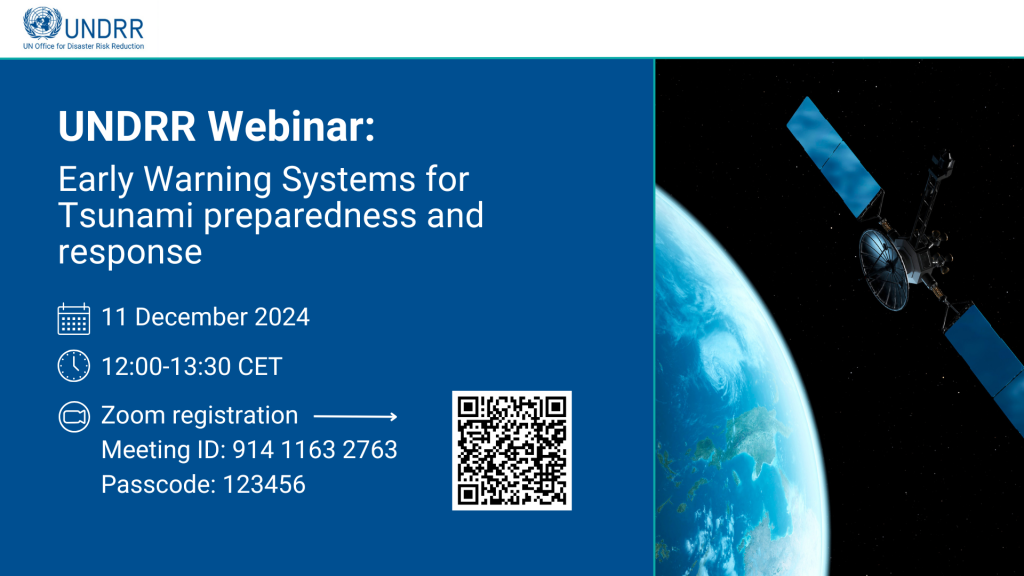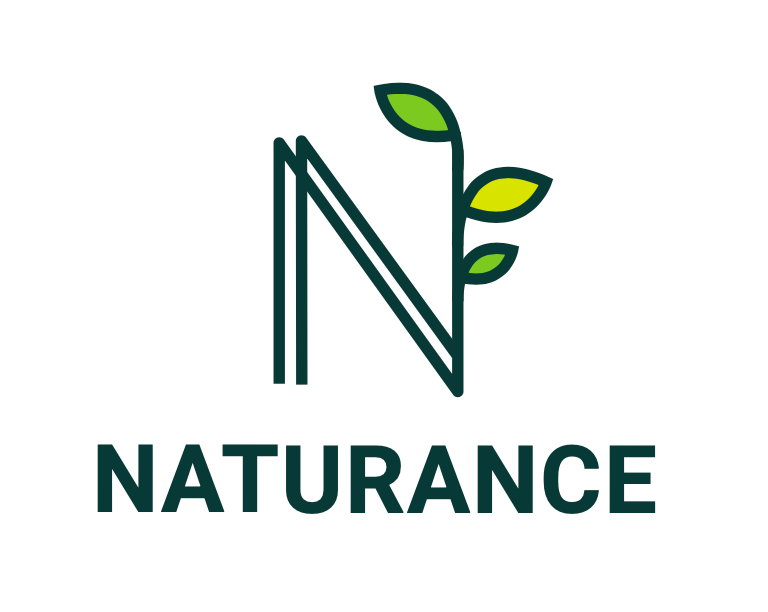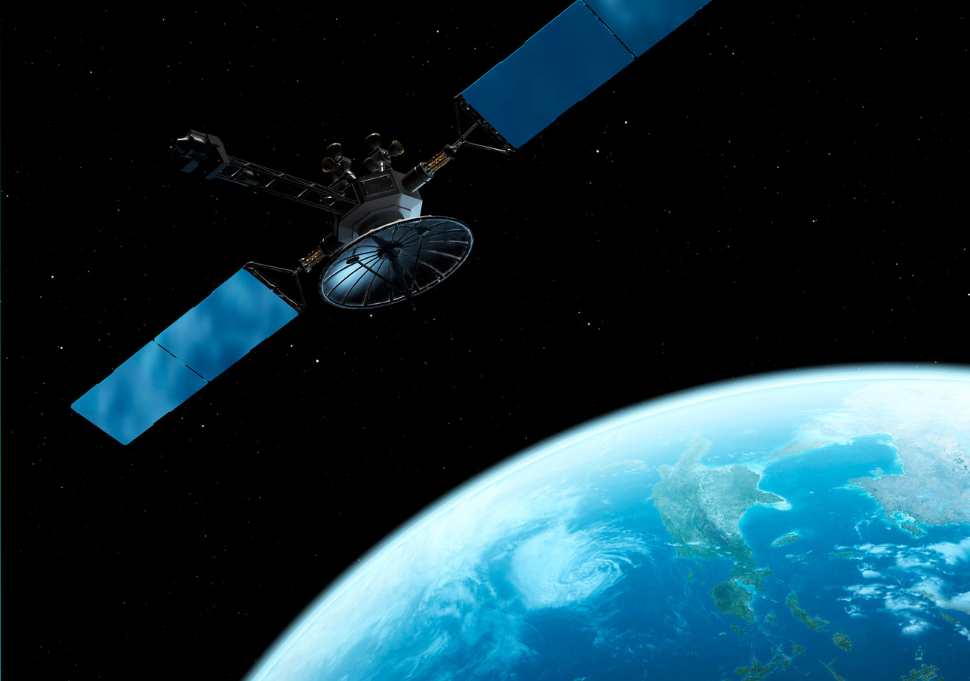The webinar “Early warning systems for tsunami preparedness and response“, organized on December 11th, 12:00-13:30 by UNDRR under the “Early Warnings for All” (EW4All) initiative, focused on tsunami risks, impacts, and innovative approaches to enhance resilience.
2024 marks the 20th anniversary of the Indian Ocean Tsunami, a catastrophe that left profound scars across more than a dozen countries, emphasising the critical need for effective early warning systems and community preparedness. The tragedy not only underscored vulnerabilities but also demonstrated the world’s ability to unite in the face of disaster, resulting in unprecedented recovery efforts and the rapid establishment of a global tsunami early warning system.
The webinar explored the evolution of tsunami preparedness over the past two decades, focusing on successful examples, lessons learned and the path forward. By examining advancements in early warning systems and sharing experiences, the aim was to inspire continued progress in reducing risk and building resilience against future hazards.
The event featured prominent speakers, including Bernardo Aliaga from UNESCO’s Intergovernmental Oceanographic Commission, Dilanthi Amaratunga on lessons from the 2004 Indian Ocean tsunami, and Alexander Siegmund on vulnerability and protective beach forests in Thailand. Jaroslav Mysiak (CMCC), coordinator of the Naturance project, discussed the role of coastal ecosystems in reducing flood risks. With contributions from other global experts, the webinar featured keynote presentations and collaborative discussions aimed at identifying actionable strategies.


